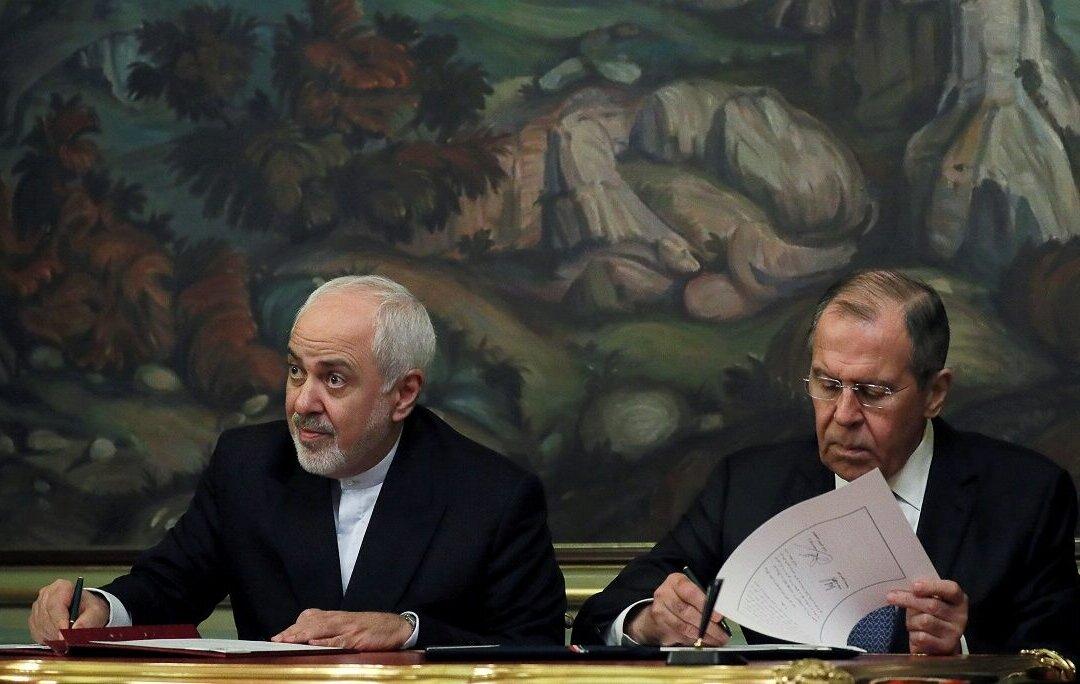VIENNA—Talks to revive the 2015 Iran nuclear deal on Friday faced the prospect of collapse after a last-minute Russian demand forced world powers to pause negotiations for an undetermined time despite having a largely completed text.
Negotiators have reached the final stages of 11 months of discussions to restore the deal, which lifted sanctions on Iran in return for curbs on its nuclear programme, long seen by the West as a cover for developing atomic bombs.





